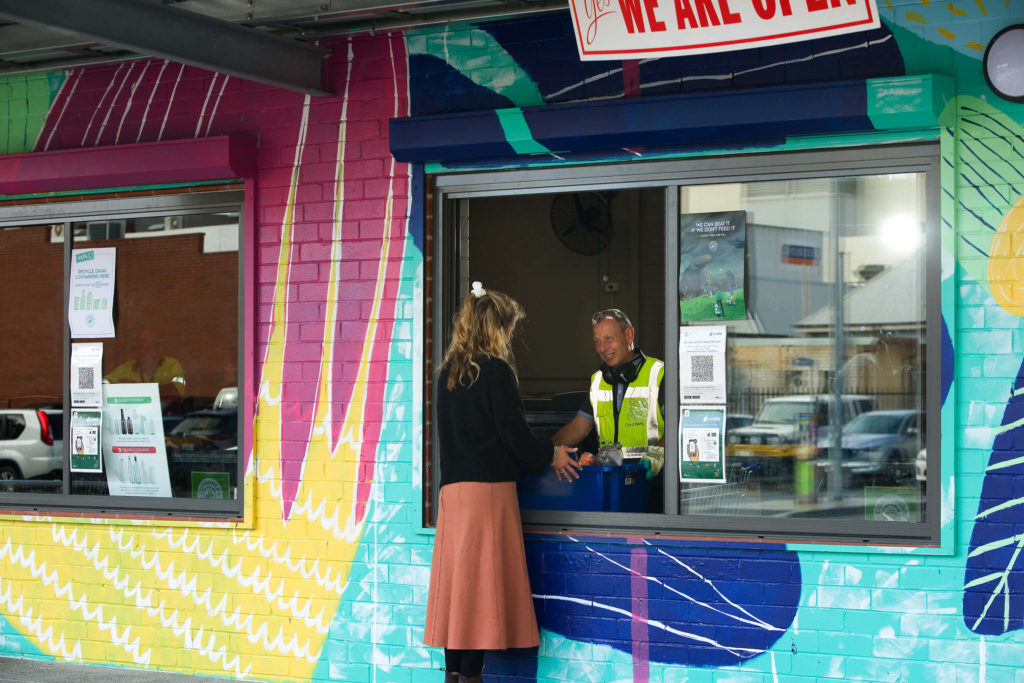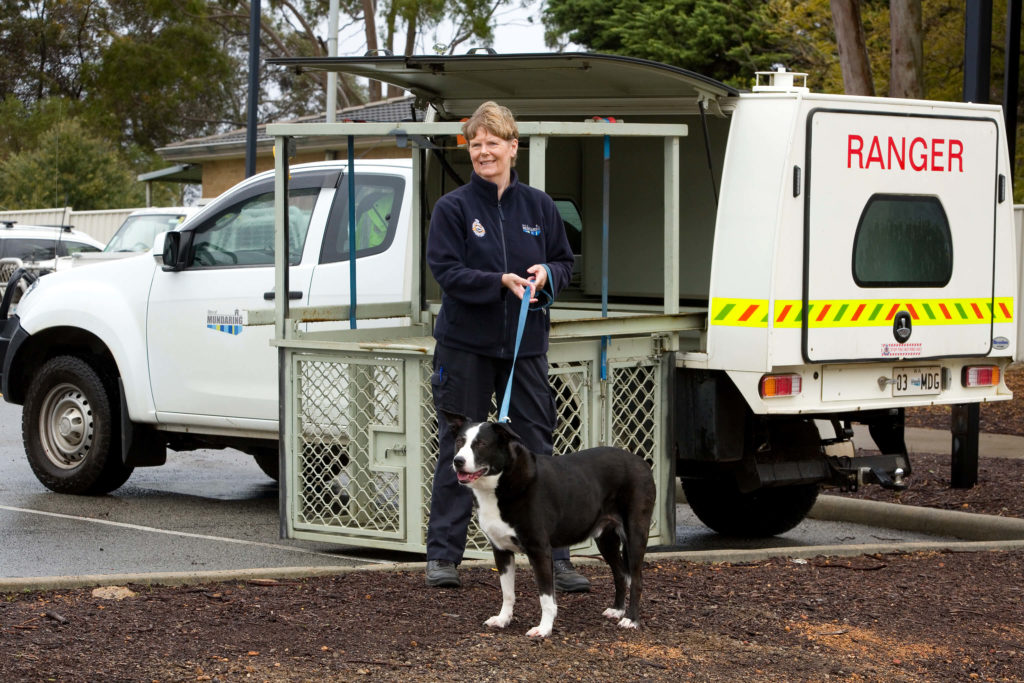Why is overtime often included in post-13 week calculations for workers’ comp claims?
This question is often asked when LGIS members receive the post-13 week calculation of weekly payments for workers’ compensation claims.

Senior Claims Consultant - Motor Claims
Claire has several years’ experience within the insurance industry. She has a strong claims management experience, specialising in settlements and recoveries for heavy transport operators including NSW State Government. Her experience from both in Australia and United Kingdom gives her a broad range of expertise to handle a variety of scenarios to achieve the best outcome.
A substantial amount of a local government’s resources are connected to its motor fleet. If the fleet has downtime, it can have significant impact on the local government’s diverse range of operations. This could be because of the cost associated with the vehicle, the potential impact on the community, or the safety of workers and other road users.
This is even more critical where this is a result of a motor vehicle incident.
Driving is one of the most dangerous tasks that individuals undertake on a daily basis. A person in charge of a motor vehicle cannot control the actions of another party. We can, however, control our own actions to minimise the chance of causing damage to the vehicle we are in control of and anyone else on the road.
From 30 June 2015 to 3 May 2021, LGIS members lodged 6,587 motor vehicle claims with an average cost per claim of $4,262.
The top three causes of claims (by frequency) are:
Hit stationary object (20% of claim numbers; average cost $3,573)
Reversing (19% of claim numbers; average cost $2,545)
Windscreen damage (10% of claim numbers; average cost $624)
This question is often asked when LGIS members receive the post-13 week calculation of weekly payments for workers’ compensation claims.
The LGIS member services team comprises of five dedicated account managers with a portfolio of members. This means each member has one account manager – so you know who you’re speaking to and we know your organisation.
Cybercrime is by no means new. But now, attackers are getting even more sophisticated – targeting operational technology (OT) infrastructure. From tampering with production lines to meddling with water treatment plans, these attacks can have grave consequences.
While not in the top three causes of claims, a number of claims are received for disobeying road rules (such as failing to give way).
The frequency of these claims isn’t as high, but the average cost is significantly higher than the average cost of the top three (for example, failure to give way is $8,045).
All motor vehicle claims are concerning as the prospect of injury to a person is always possible – whether that be a third party or
a local government worker – however not following the road rules increases the chances of serious injury even further, which is even more troubling.
We live in an age where an increasing number of vehicles have dashcams, with social media pages dedicated to making footage available to interested social media users. Not only should the driver always control their vehicle in a manner that is safe, but also in a way that doesn’t lead to potential reputational damage.
While a driver can influence the types of claims noted above, vehicles can also suffer damage where the action of the operator has little or no control, such as a projectile object or fire.
LGIS members have submitted 91 claims for damage to vehicles as a result of fire or explosion, however the average cost of these claims is significant at $13,517 (not including downtime and other non-claims costs). Fire and explosion claims can often be a result of a mechanical failure. For this reason as well as the more general workplace health and safety and productivity/efficiency issues associated with operating large vehicle fleets, it is important that the service and maintenance regime on all local government vehicles is completed in line with the manufacturer’s requirements.
In the instance of total loss vehicles – where the vehicle is so badly damaged that it has to be replaced – it’s important to note that due to issues like the pandemic, the industry is currently struggling to source replacement vehicles. Even once able to source replacements, the wait time can be anything from 12-24 weeks, which bears considering when looking at fleet downtime and cost.
It’s also important to note that early intervention is key, as in the instance of third party claims, there is an increase throughout the industry of third parties obtaining hire vehicles which significantly increase the claim costs. The importance of members notifying their LGIS claims consultant in a timely manner regarding this cannot be understated.
The examples of claims and costs associated should encourage you to consider the use of local government vehicles and ensure everyone makes it home safely at the end of the day, and to avoid reputational issues that may arise from unsafe or questionable driving practices.
With fleet protection having moved across from traditional insurance placements to sit under the LGIS Scheme, members benefit in a number of ways:
Your claims are handled by our local LGIS motor claims consultants –which gives you the benefit of a single point of access for claims.
Broad tailored coverage to ensure the unique needs of members are responded to in the event of a loss – better opportunity to apply discretionary claims philosophy.
Access to scheme risk services focused on motor – and sharing of information across the sector, and opportunities to build and support local procurement policy.
Freedom to develop and enhance product innovation.
Surplus retained by LGISWA and returned to members.
LGIS will also be implementing a risk gap analysis program which will provide members with an overview and score of their fleet risk programs. The assessment will include a review of areas such as:
Depot aggregation of assets
Heavy equipment configuration – visibility/ergonomics/fire suppression
Pre-start (including fatigue management)
Fleet policy on purchase of vehicle (ANCAP 7 rating)
Change in vehicle appetite (is there a move for more hybrid engines?)
Opportunities for behaviour (driver education) training
The use of engineered solutions – cameras/alarms/e-driver training modules
If you have any questions regarding your motor fleet protection or claims, please do not hesitate to reach out to me on 9483 8883, or your LGIS member services account manager.
Each month we take your questions to one of our LGIS team members to answer.
If you want to submit a question for next issue, email us at [email protected]

As a local government delivering services to your community, any interactions you have with third parties – directly or indirectly – introduces liability risk exposures.

The Containers for Change initiative incentivises community members to recycle. It encourages the community to collect eligible containers, take them to a collection point, and earn a refund of 10 cents for every container.

Manual tasks are performed by all workers within local government, and are classed as physical work activities that can be defined as any activity requiring a person to use their musculoskeletal system.
LGIS is the unifying name for the dedicated suite of risk financing and management services for WA local governments, established by the WA Local Government Association in conjunction with JLT Public Sector (part of the Marsh group of companies). LGIS is managed by JLT Public Sector (ABN 69 009 098 864 AFS Licence 226827).
Risk Matters, via this website, is designed to keep members, their staff and elected members informed on topical risk management and insurance issues and LGIS programs and services.